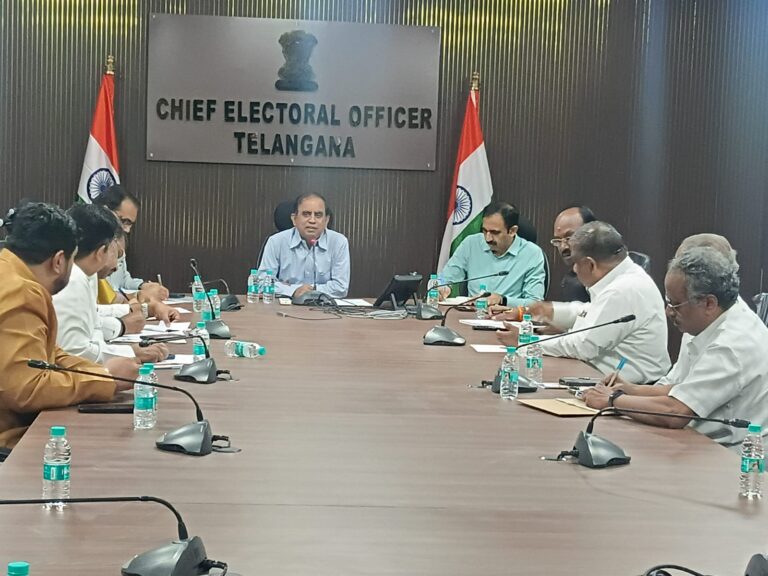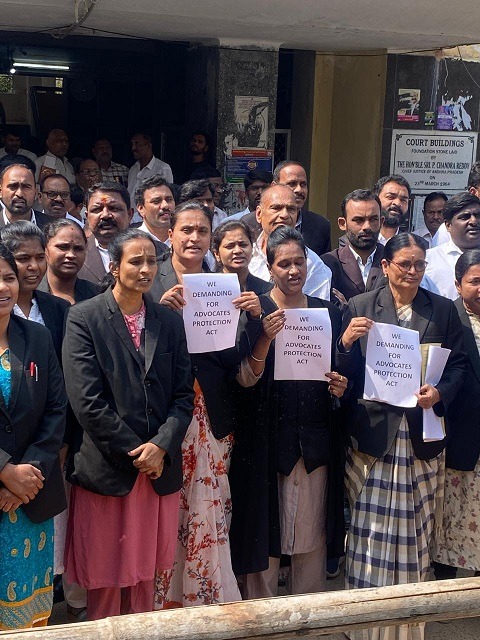
Authored Article by: Dr S.L.N.T.Srinivas, Expert in Cooperative Governance & Management, Member, All India Authors Group, NCCT: Ministry of Cooperation, Govt. of India
KARIMNAGAR, SEPTEMBER 15, 2025: The Reserve Bank of India (RBI) has reaffirmed its commitment to the cooperative banking sector, describing it as indispensable in India’s financial ecosystem. RBI Governor Sanjay Malhotra underscored that despite their smaller size compared to commercial banks, cooperative banks serve the “last mile” and play a central role in connecting the lowest strata of society with formal finance.

A Sector with Strong Growth Potential
Cooperative banks account for nearly ₹12 lakh crore in advances, representing about 6–6.5% of the banking system. Over the past five years, their lending has grown at a CAGR of 7.5%, while agricultural financing has expanded at 10% annually. Net profits have crossed ₹10,000 crore, and gross NPAs have come down from 10% in 2021 to 7% now. These achievements underline the sector’s resilience and its contribution to rural credit, agricultural development, and inclusive growth.
Governance as a Non-Negotiable Principle
The Governor, however, cautioned that profitability cannot substitute for strong governance. Institutions without ethical and transparent practices cannot sustain in the long term. He urged cooperative banks to comply strictly with RBI, NABARD, and legislative frameworks, while strengthening accountability at the board and management levels.
Human Resources – Investing in People
“Without good people and effective managers, no institution can progress,” Malhotra reminded. Cooperative banks must invest in capacity building, training, and professional management, ensuring that leadership is both skilled and visionary. Human resource development, he emphasised, is not optional but central to the sector’s future.
Embracing Digital Transformation
Technology adoption is another key pillar. In an age where digital comfort defines customer loyalty, cooperative banks must modernise. From core banking solutions to UPI-enabled services, digitalisation will improve efficiency, transparency, and customer outreach. Importantly, it will help these institutions remain relevant to a younger, tech-savvy population.
Overcoming Capital Constraints
One of the structural challenges facing cooperative banks is the difficulty of raising capital under the “one member, one vote” principle. While this principle preserves democratic control, it restricts equity infusion. The Governor assured that the RBI is working on reforms, including pilot projects with urban cooperative banks, which may later be extended to rural cooperative banks to strengthen their capital base.
Strengthening Internal Systems
Internal audit, compliance, and inspection were highlighted as critical safeguards. Malhotra urged cooperative banks to reinforce these systems to enhance transparency, reduce risks, and build depositor confidence. Strong internal controls, he stressed, are essential for ensuring stability and sustainability.
Equal Treatment with Commercial Banks
Looking ahead, the RBI is committed to aligning cooperative banks with commercial banks, phasing out outdated restrictions, and ensuring they receive equal recognition as vital institutions of the financial system.
“For us, cooperative banks are as important as commercial banks. Their future lies in strong governance, innovation, and service to the people,” the Governor affirmed.
The Way Forward
The roadmap for cooperative banks is clear:
• Prioritise governance and compliance.
• Strengthen human resources through training and leadership development.
• Embrace digital banking and innovation.
• Reform capital-raising mechanisms.
• Reinforce internal audit and risk management.
By addressing these priorities, cooperative banks can not only sustain but expand their role as drivers of financial inclusion. Their success is not measured merely by balance sheets, but by their ability to uplift communities, empower farmers, and serve the people at the grassroots.




